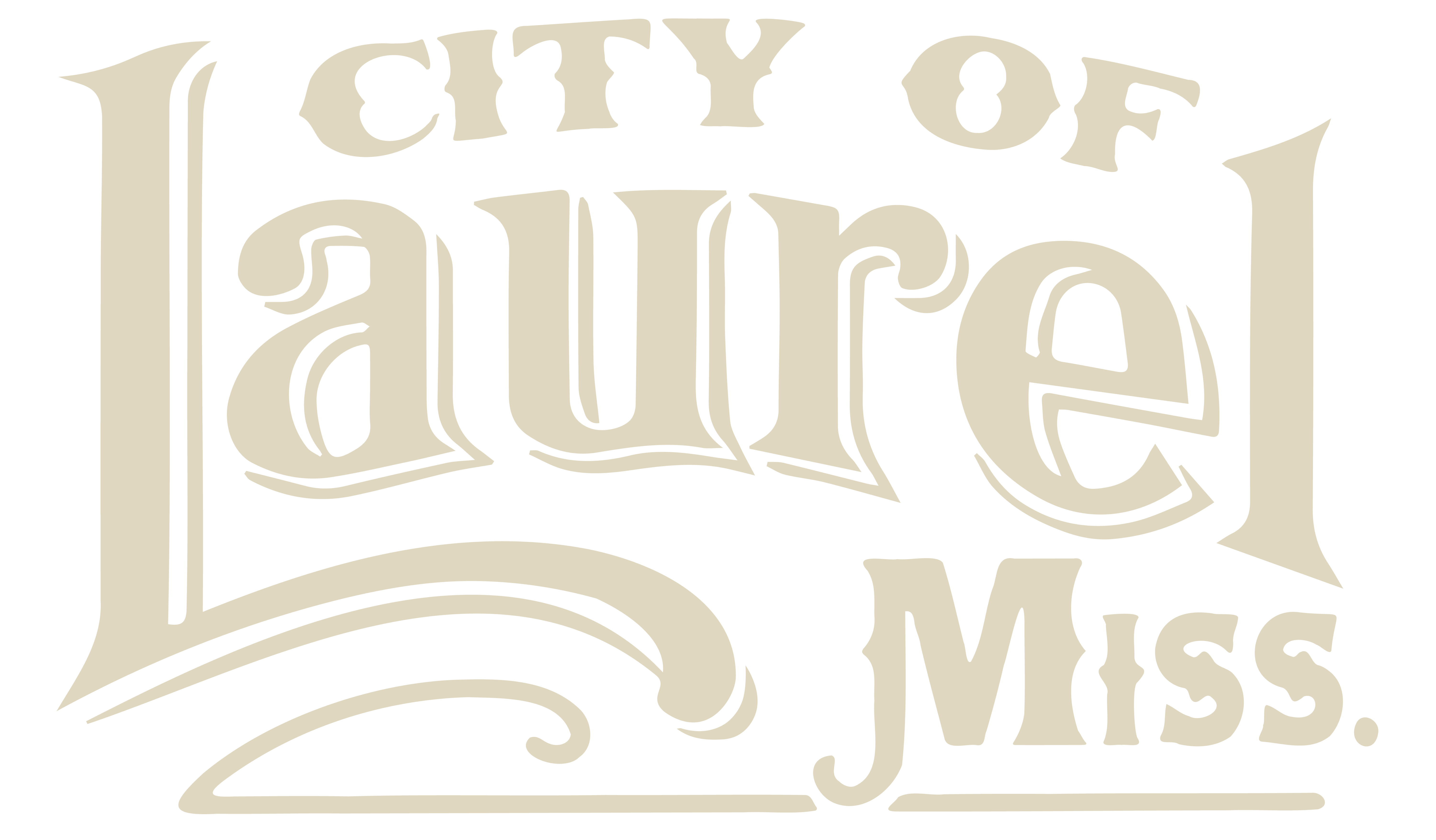The City of Laurel is dedicated to delivering excellent municipal services and public safety through participatory government that is responsive to our entire community and consistent through the fiscally responsible use of resources in a manner that promotes outstanding cultural, recreational, educational, and economic opportunities for residents and businesses.
Mayor-Council Form of Municipal Government
The mayor-council form of government is essentially a “strong mayor” form of government made available by the legislature in 1973 and approved by the Department of Justice in August 1976. It is used in 10 municipalities in Mississippi: Bay St. Louis, Biloxi, Columbus, Greenwood, Gulfport, Hattiesburg, Jackson, Laurel, Meridian, and Tupelo. Existing civil service laws apply in a mayor-council form.
Characteristics:
MAYOR
COUNCIL

401 N 5th Avenue
Laurel, MS 39440
601-428-6404
mayor@laurelms.com
City Hall is open Monday-Friday
8 a.m.- 5 p.m.